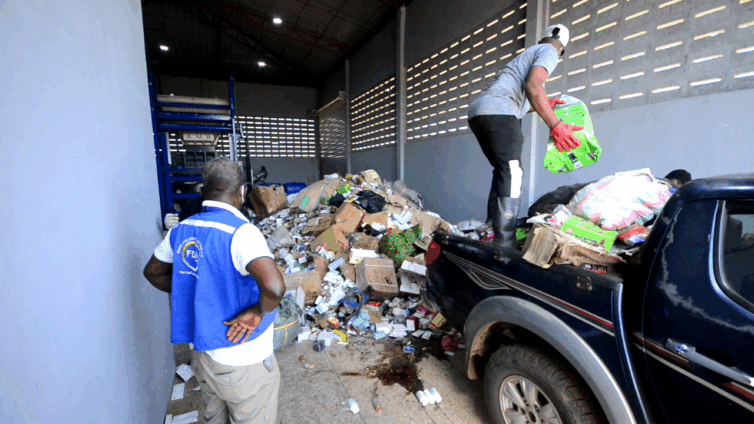Efforts to contain the spread of the HIV in the Eastern Region is being hampered by the shortage of HIV testing kits and regents to determine the CD4 counts of people diagnosed to be HIV positive in the region.
The CD4 count of a person diagnosed as HIV positive determines if the fellow could be put on anti-retroviral therapy and to help control the ability of the individual to infect other persons with the virus.
As a result of the shortage of the HIV testing kits, the region is concentrating its efforts on the Prevention of Mother to Child Transmission of HIV, yet investigations conducted by the Ghana News Agency (GNA) indicate that, pregnant women in some health facilities are not tested for their HIV status due to the shortage of the testing kits.
As a result of the situation that the region finds itself, 105 leading Civil Society Organizations that had been funded by the Ghana AIDS Commission to promote various activities to help reduce the rate of HIV infections in the region are not likely to meet their targets.
The investigations also revealed that, even some health facilities in the region had challenges in getting testing kits to diagnose patience suspected to be HIV positive.
Currently, the region is expecting it’s next supply of 12,000 HIV testing kits next month but that could not meet the needs of the region for a month because according to some health officials who spoke to the GNA on condition of anonymity, the region would need about 15,000 testing kits for a month and 90,000 testing kits for six months.
The HIV testing kits are not for sale on the open market and are supplied through the official drug supply system of the Ministry of Health.
The Eastern Region had been recording the highest anti-natal HIV prevalence in the country since the discovery of the virus in the country in the 1980s until last year when it was overtaken by the Central Region.
Currently, the anti-natal prevalence of the region is 3.6 percent, two years ago it was 3.2 percent against the current national prevalence of 2.1 percent.
Source: GhanaWeb











